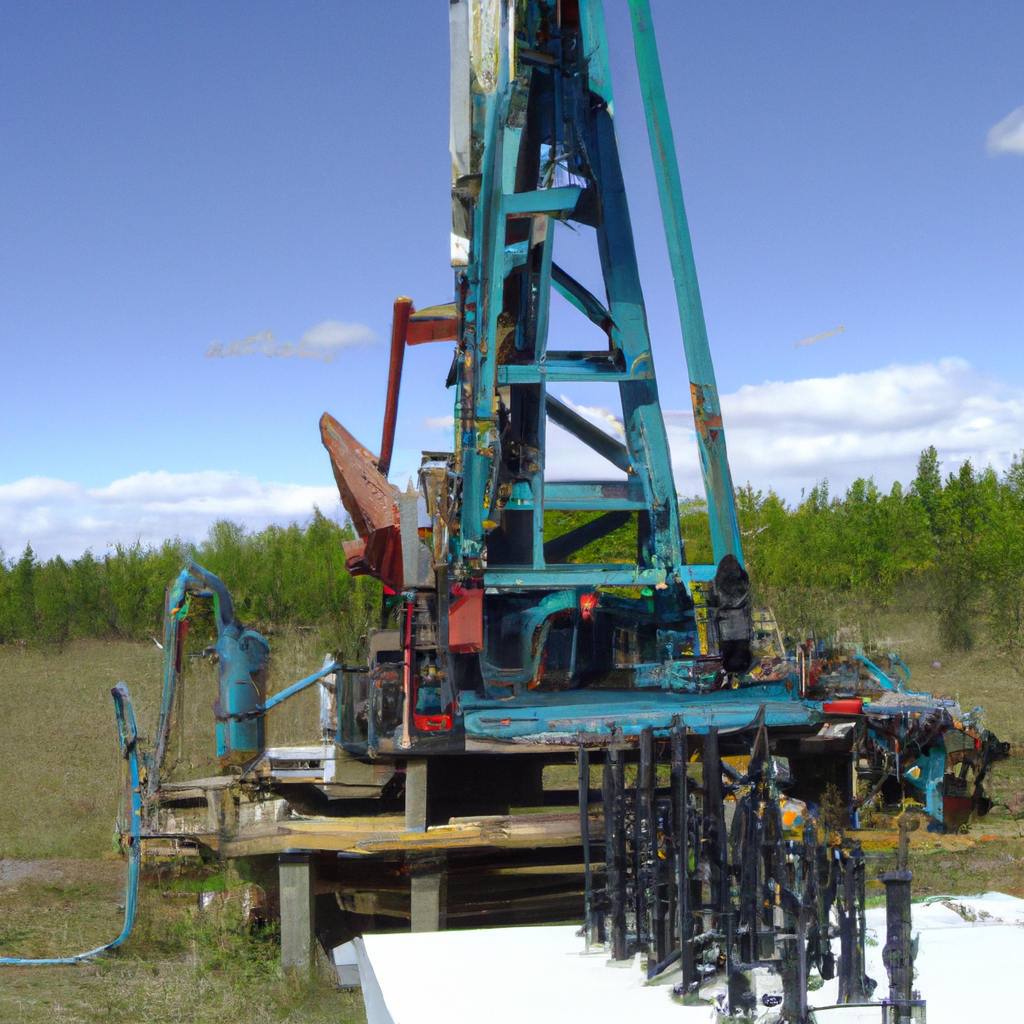Oil and Gas Well Completions
Why Do You Enroll?
Well Completions is arguably the most important system in Upstream Oil & Gas and has unique challenges to deal with, just due to the fact that it is continuously exposed to reservoir environment downhole throughout the life of the oil & gas well.
By the end of this course, the participant will get a complete overview of the main sub-systems and components of Oil and Gas Well Completions.
The first couple of sessions will provide the participants with
a full overview of Oil & Gas Well Completions and its sub-systems and
introduce them to Oil Well Completions Concepts and Calculations
After this comprehensive overview of the Well Completions system, concepts and calculations, the subsequent course offerings will help the participants to
Gain a thorough understanding of the well completion process and its significance in the oil and gas industry
Learn abou...
Key Topics Covered
Definition and significance of Well Completion System
Types of Well Completions
Complexities and Challenges associated with Oil and Gas Well Completions
Major considerations for Design and Installation of Well Completions
Completion Sub-Systems and Tools such as,
Safety Valves
Flow Control devices
Reasons for using downhole valves
Course Details
Oil and Gas Well Completions is the interface between the reservoir and surface production and is essential for maximizing the productivity and longevity of oil and gas wells. Well Completions provide the barrier between the reservoir and the environment and hence requires careful planning and execution. Primary purposes of Well Completions are to
Connect the reservoir to the production tubing, allowing oil and gas to flow to the surface
Isolate the producing zones from non-producing zones to prevent interference
Protect the integrity of the reservoir and minimize the damage to formation
With the myriad complexities which Completion Systems involves, this course will provide a good overview of the main considerations, equipment and processes which are required to produce hydrocarbons safely and in a controlle...

